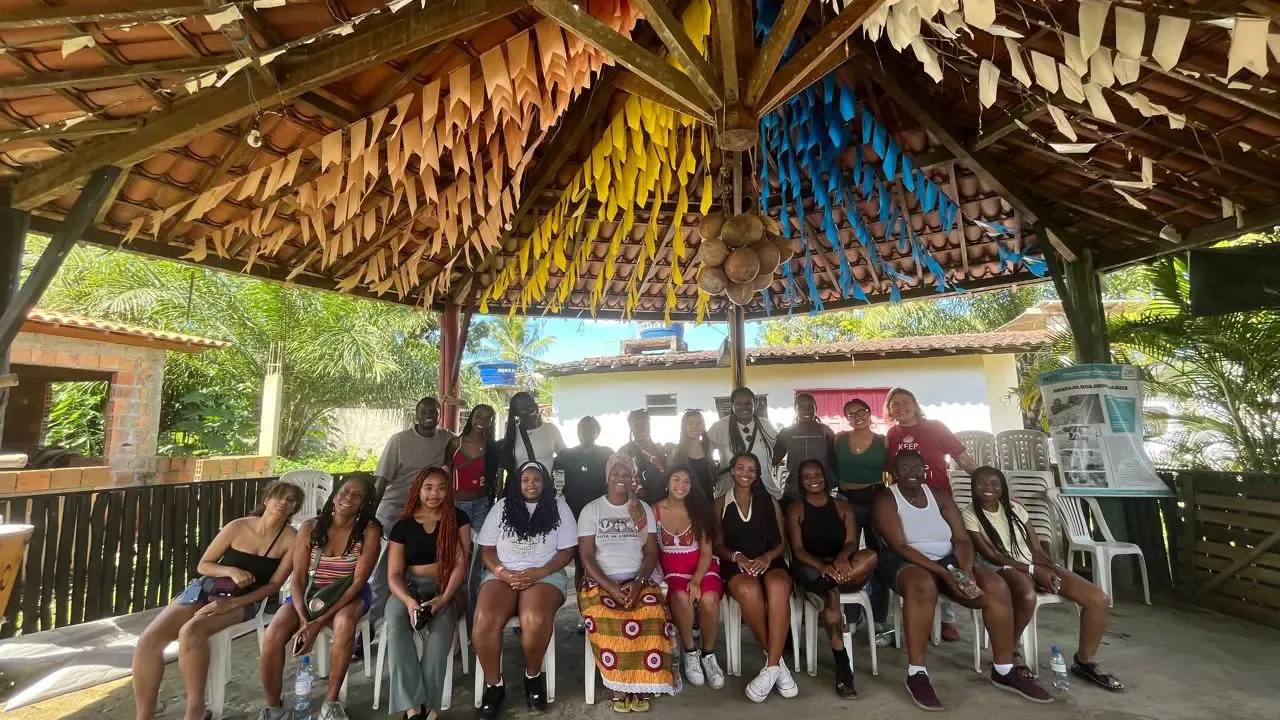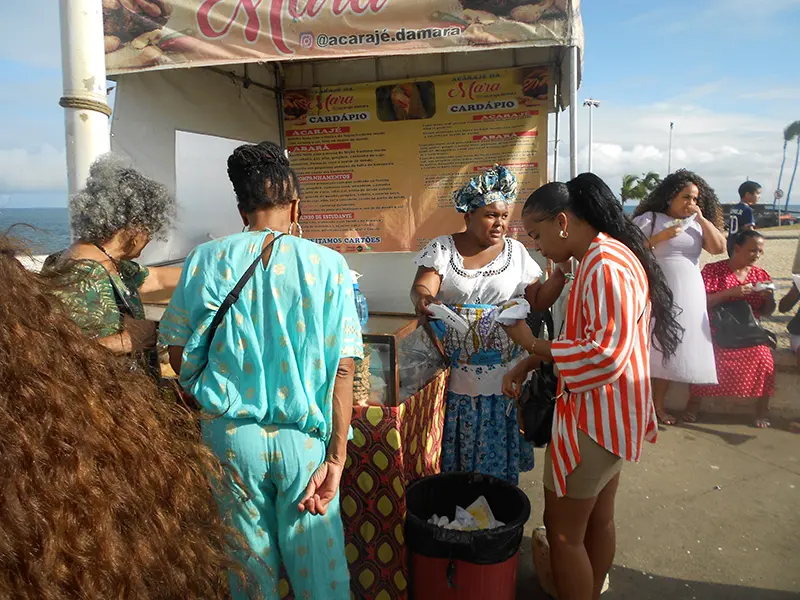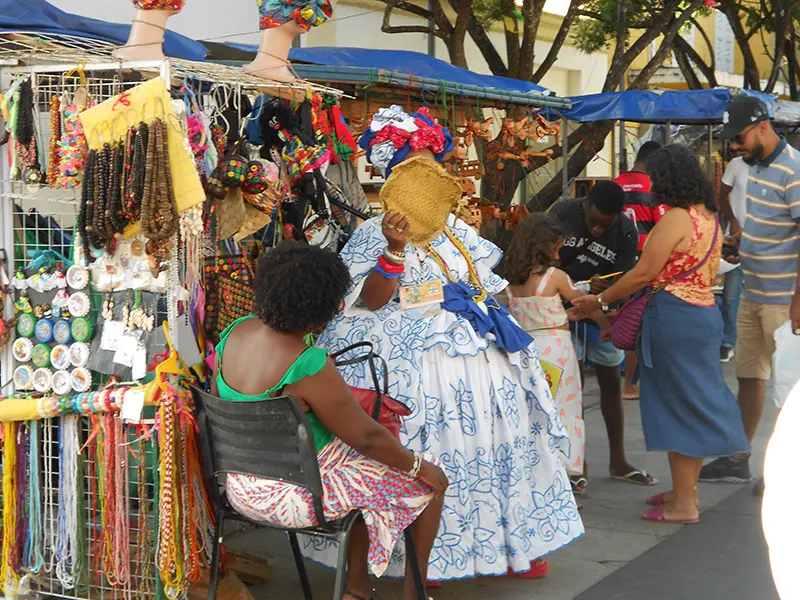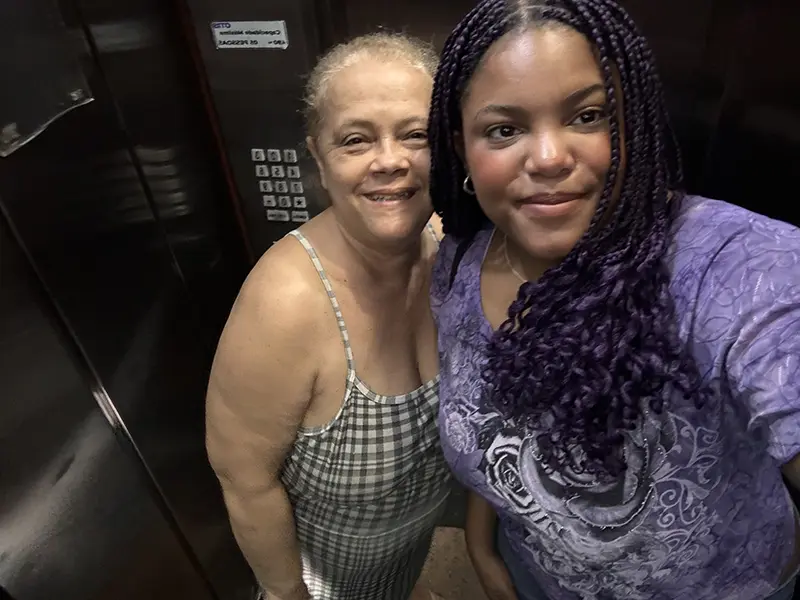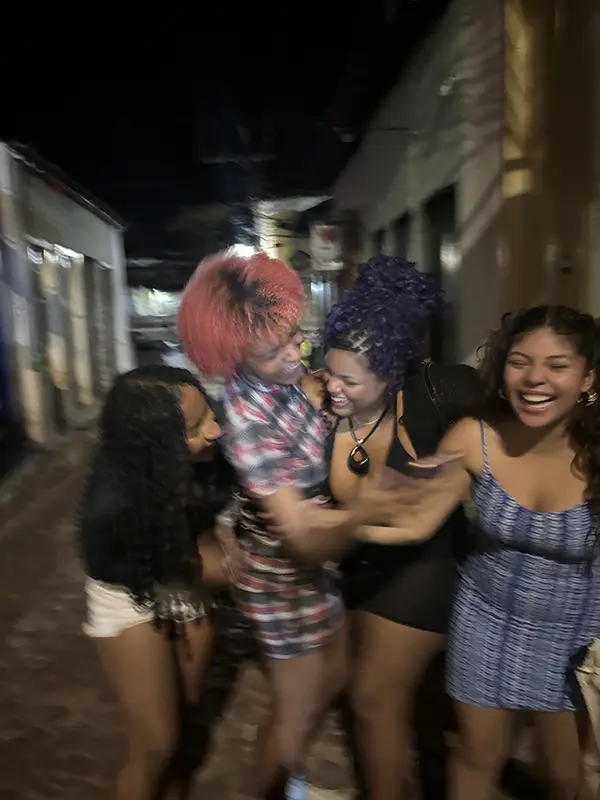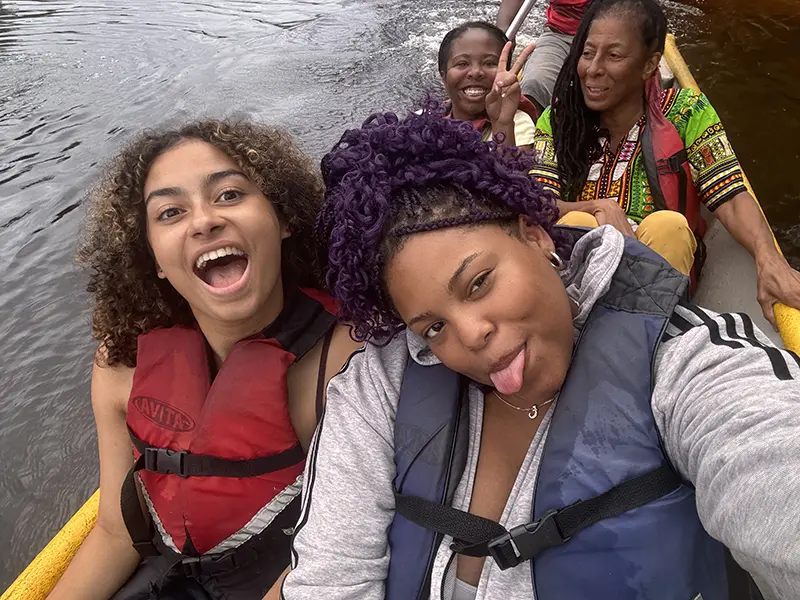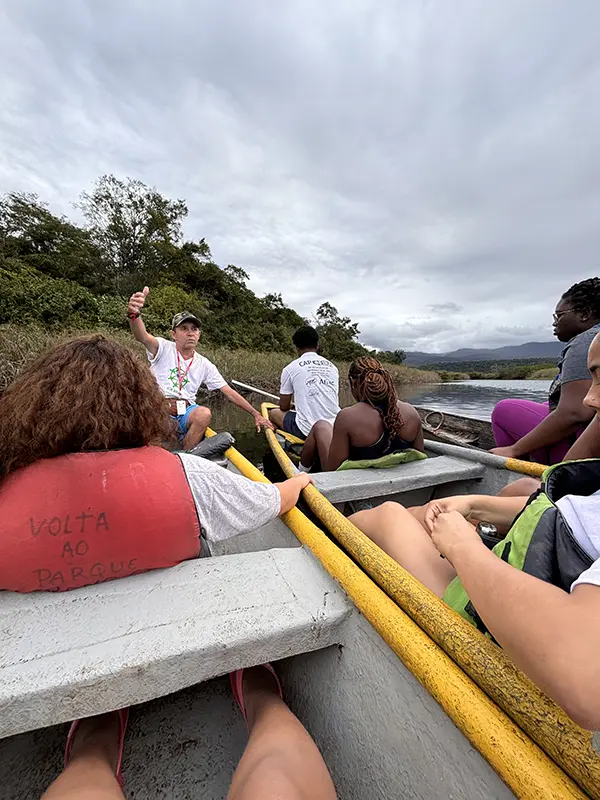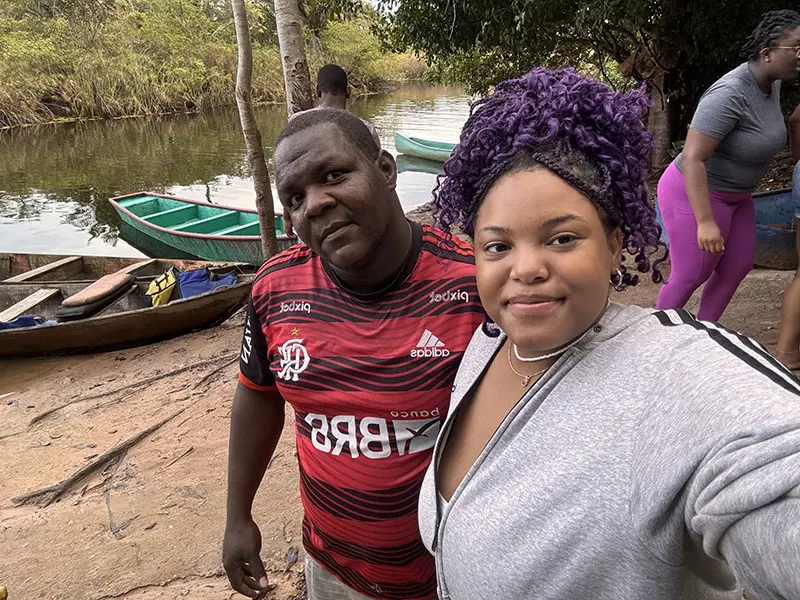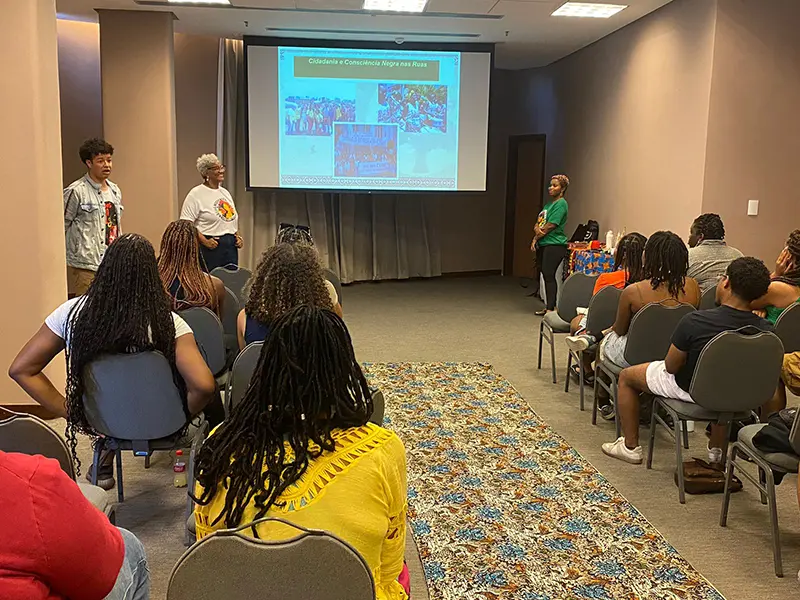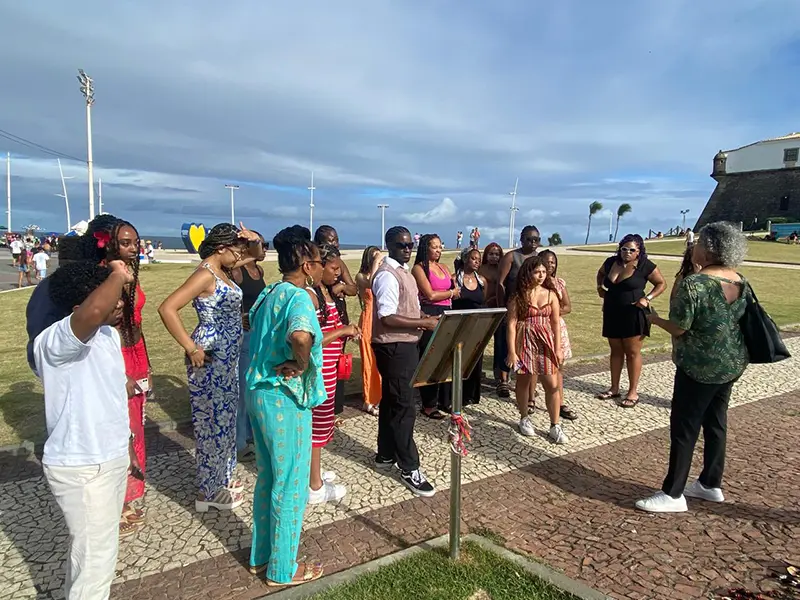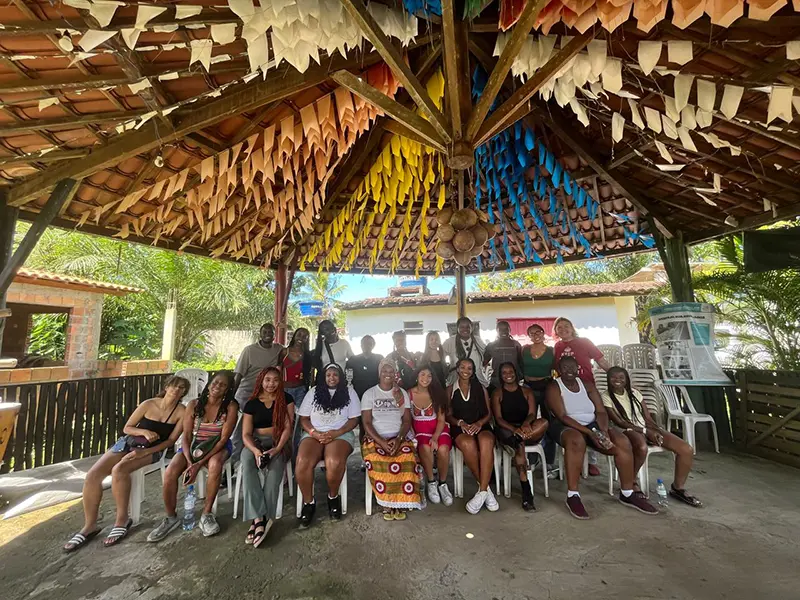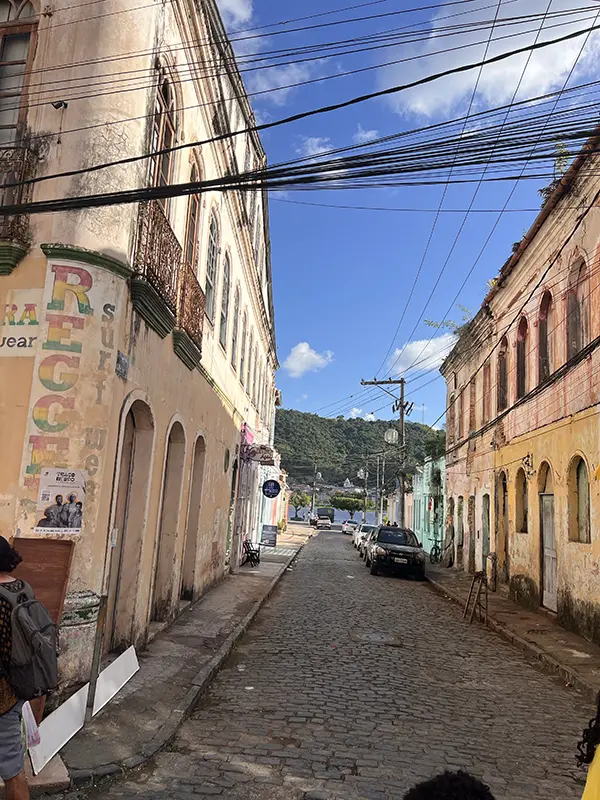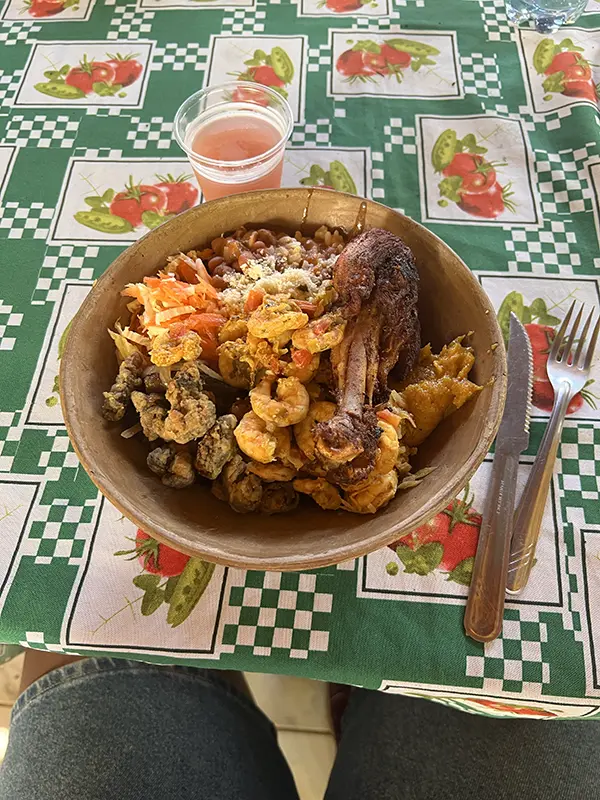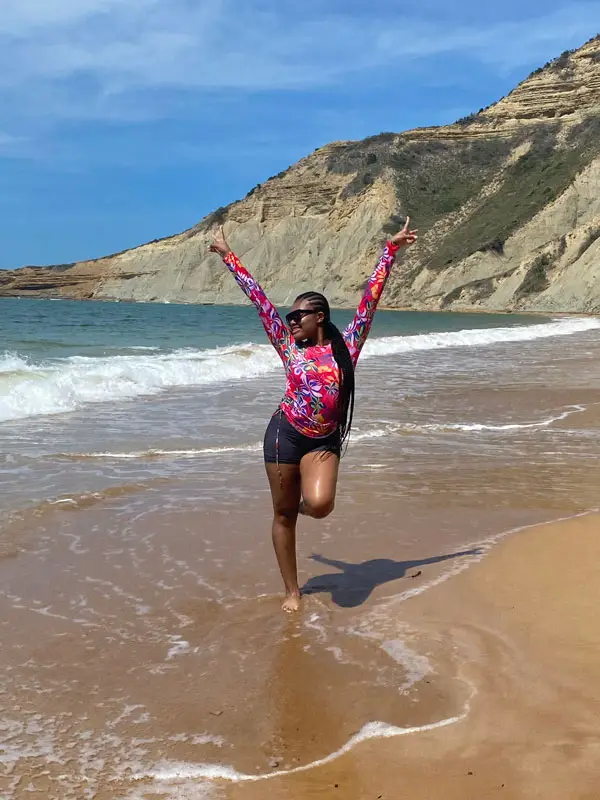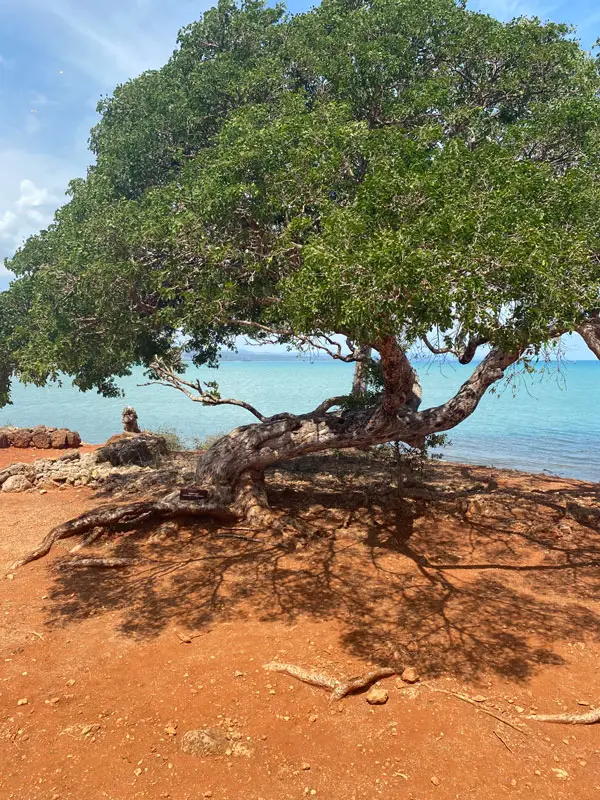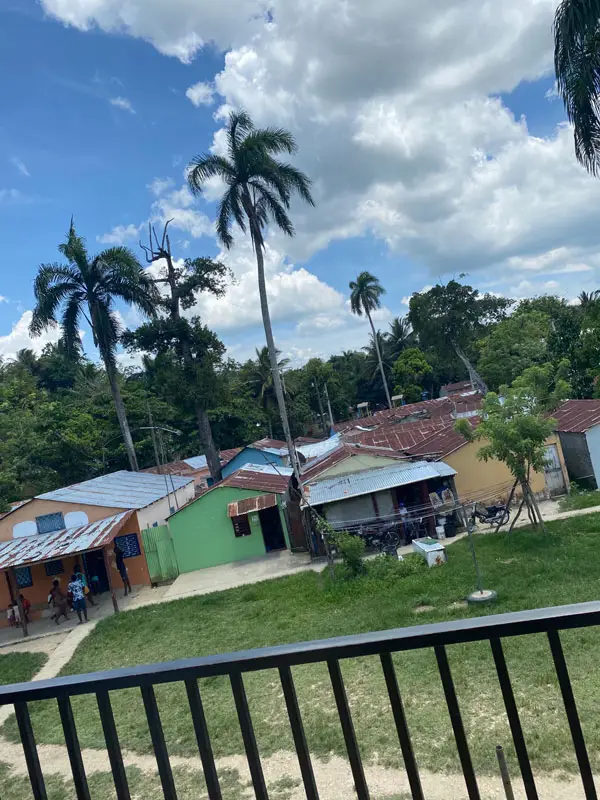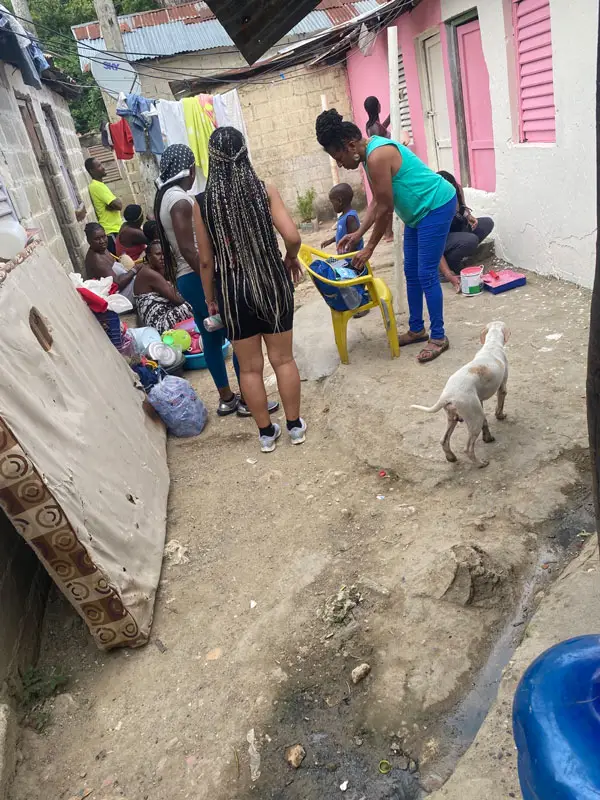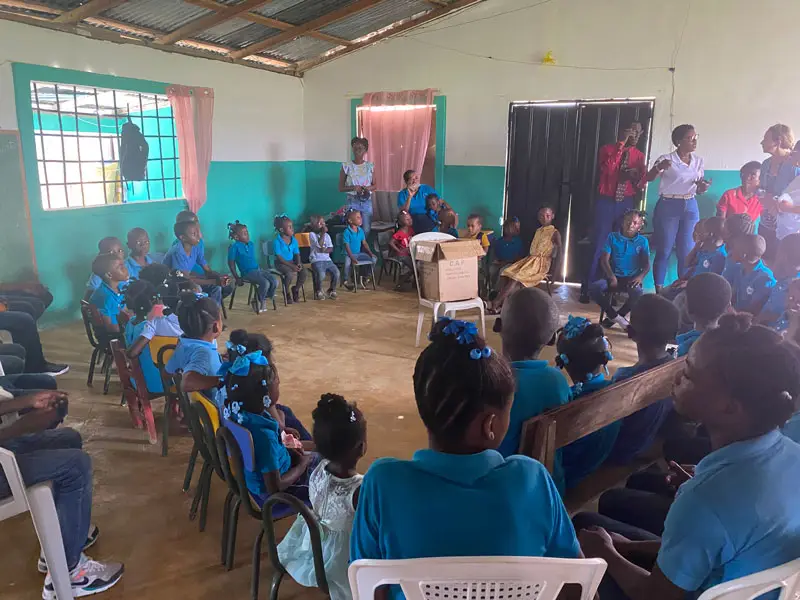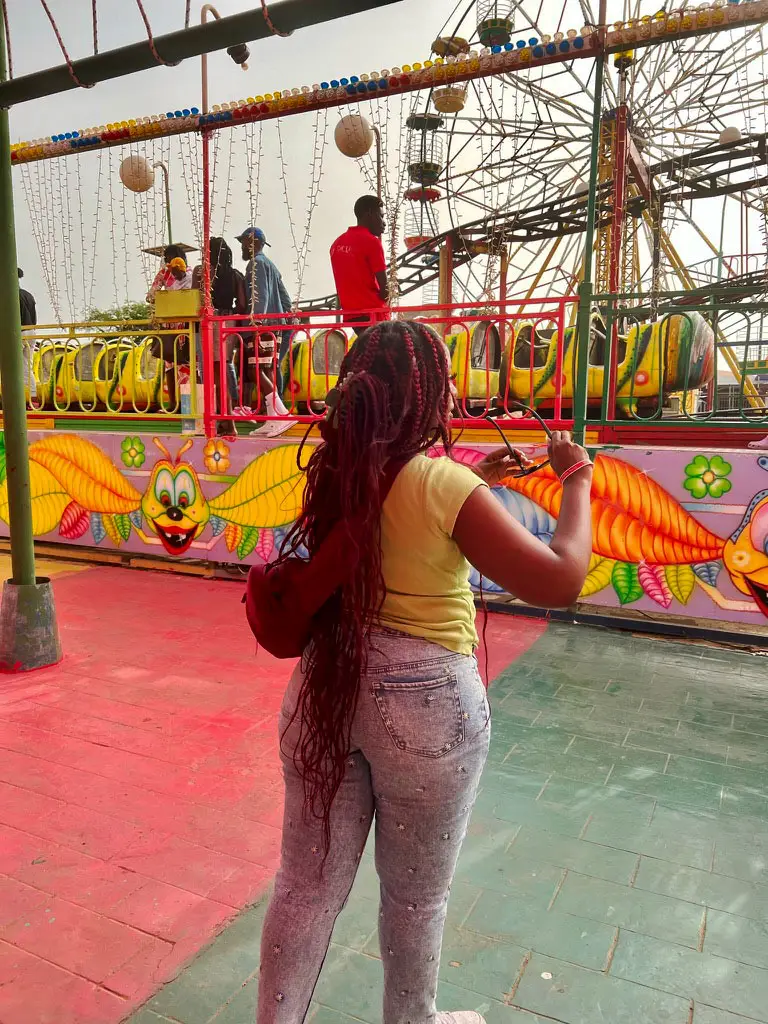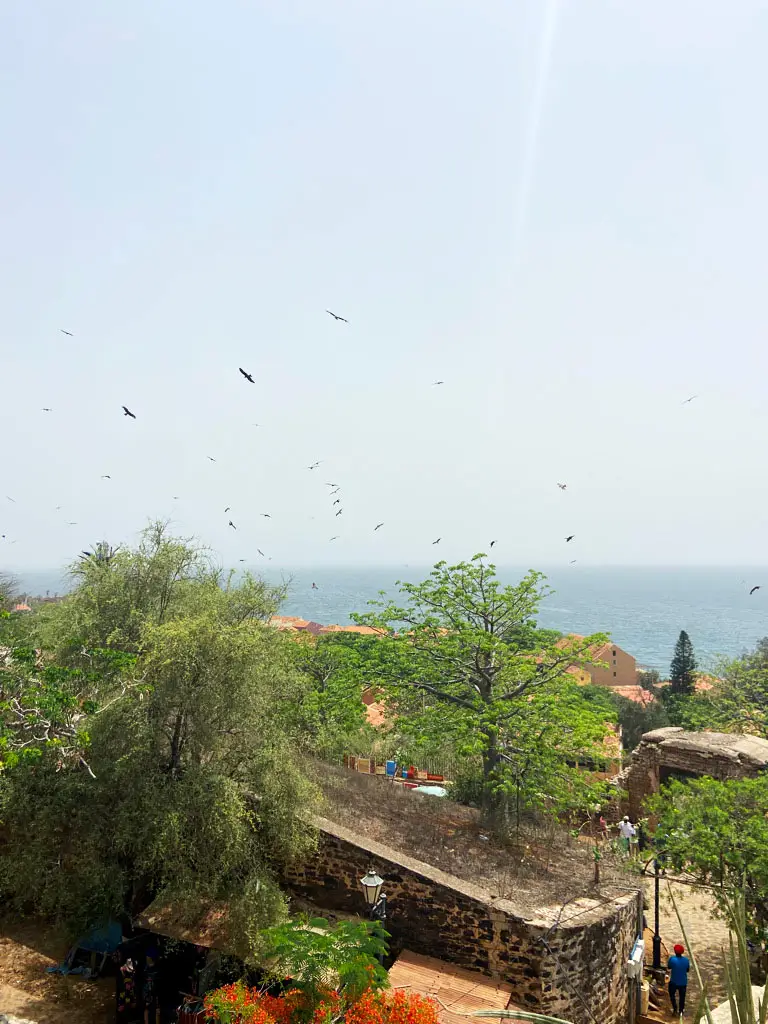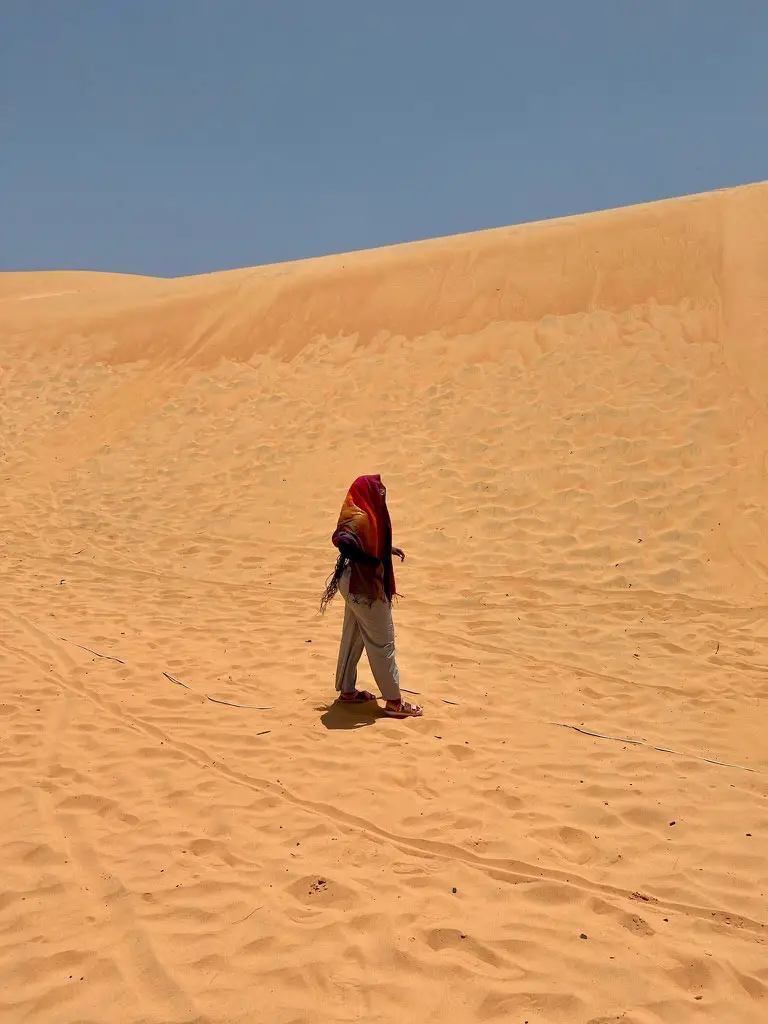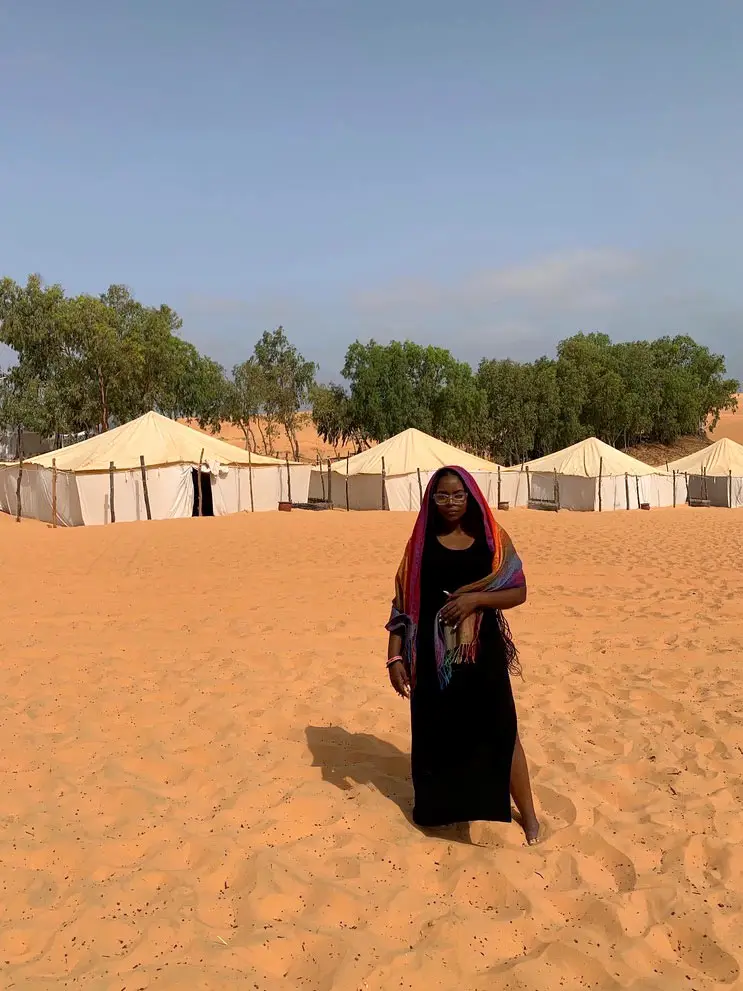Africana Studies Abroad scholarships support students in moving their learning beyond the black-and-white of the book page to the real-world global classroom, critically shaping the development of informed and responsible young citizen-scholars. Aligned with our undergraduate curriculum, eligible study abroad opportunities allow students to directly experience the diasporic connections and divergences they explore in the classroom. Since 2021, we have been fortunate to collaborate with the Office of Study Abroad to bring students to the African continent and throughout the diaspora for dynamic immersive learning experiences for which they earn Department of Africana Studies credit. Recent Africana Studies Abroad supported programs include Senegal & New Orleans: Atlantic Connections; Summer in the Dominican Republic: Race, Migration, and Identity; and Race and Performance in Brazil.
Scholarship Requirements:
- Be a registered Tulane student while participating in the Study Abroad program.
- Be a fully declared Africana Studies Major or Minor.
- Hold a minimum 2.25 cumulative GPA throughout the academic year.
- Be in good standing with the University Office of Student Conduct.
- Attend any required Study Abroad meetings as designated by the Study Abroad program.
Testimonials
Here are some anecdotes of past attendees of their Study Abroad Trip experience:
Summer 24 – Race and Performance in Brazil
Califia Bellot (she/her)
Tulane University | Class of 2026
BA | Sociology Major & Africana Studies Minor
My name is Califia Bellot and I wanted to participate in this Study Abroad experience because as an Africana Studies major I knew going to Brazil would be a great opportunity to learn about the African diaspora America outside of the classroom. This experience met my goals because I was able to learn about Blackness through a Brazilian perspective in Salvador. Academically the content in Brazil aligned with the topics I've learned about in my classes at Tulane. Personally, I've never had a study abroad experience and after going to Brazil I’m feeling confident I can do a semester abroad to learn more about the African diaspora from a different country. My favorite experiences include staying with my host family and going to a school of Capoeira in Lencois where we got to give gifts to the children after they performed for us and allowed us to join in. Spending time with my Brazilian host family was a highlight of the trip because of how welcomed and cared for I felt in their home. Mom Semis made me so many meals with love and packed me snacks regularly it made being so far from home a lot easier with delicious cooking. My host mother encouraged me to go swimming at the pier and I also got to spend time with her son my host brother Vito. He is a university student and spoke English so we were able to connect about our college life. In the short two weeks, I was in Salvador we took a five-day trip outside of the city to visit other parts of Brazil, and Lenclos was a city where I got to make two Brazilian friends and visit the Capoeira school. The Capoeira school was filled with joy and energy was contagious from the children who honor Capoeira which is a dance style the enslaved people of Brazil created to disguise them practicing how to fight. Students from ages 3-15 were performing this dance style for us and it was a representation of them continuing to practice the traditions their ancestors started. I would 100% recommend this experience to other students at Tulane, especially in the African Studies major, studying blackness anywhere in the globe is valuable. I'm extremely grateful to all those in the African studies department and at Tulane who made this possible for me. If I have the opportunity an contribute to more students going abroad with the Africana Studies department knowing the impact it could have on future students, I would love to support them.
Kosi Ifeji (they/she/he)
Tulane University | Class of 2026
B.A | Sociology, Africana Studies, Environmental Studies Majors
I want to extend so much gratitude to the Tulane Department of Africana Studies for providing me with a scholarship for the Race and Performance in Brazil Program. This scholarship provided me the opportunity to have a once-in-a-lifetime experience that I will never forget.
As a person who has not had many opportunities to travel internationally, the Race and Performance in Brazil Program helped me gain hands-on experience with a culture other than my own. From the food to the history and beyond, Brazil has such a vibrant culture that I was grateful to experience. The most fulfilling part of this experience was Brazil's appreciation and connection to Blackness and African culture. Every Brazilian I talked to has a sense of Black pride, particularly African pride, that I have not experience in the United States to that extent. This African pride was expressed by everyone regardless of race. Brazil has a long history of Black resistance which has shaped the political and cultural landscape of the country. The Black history of Brazil parallels the Black history of the United States, which I did not realize until the Race and Performance Program. Even though the racial histories of Brazil and the United States parallel each other, Brazil's Black resistance movements have been independent from, and even predate some of the Black resistance movements in the United States. Black Brazilians are Black Pride advocates and intellectuals, and their ideas on Blackness and oppression deserve to be highlighted more in the field of Africana Studies.
The Race and Performance in Brazil Program helped broaden my world view, and it also helped me understand different histories and ideas of Blackness. The Department of Africana Studies has supported my personal and professional development for all of my years at Tulane, and the scholarship that the program gave me is another reason why I am incredibly grateful.
Summer 23 – Summer in the Dominican Republic: Race, Migration and Identity
Marneisha K. Gilmore (she/her)
Tulane University | Class of 2025
BA | Sociology, Social Policy & Practice Majors, & Africana Studies Minor
This summer, I got the opportunity to study abroad in the Dominican Republic. Originally I wanted to participate in this study abroad because my great grandmother was part Haitian and Dominican and because she passed away when my grandmother was young we don’t really know our family history so I thought I’d be able to gain that knowledge by going to the Island of Hispaniola myself. This study abroad experience exceeded my goals being that I ended up facing my fears along with learning about why the social climate of Haiti and the Dominican is so tense. The value of this experience was both personal and academically enriching. This trip helped me realize the career path I want to take after I graduate, working at a non-profit organization for youth, those less fortunate, and fighting for justice/ equal opportunities for them. There were a few powerful moments for me on this trip including going into the Batey community and painting houses and going into the school and dancing with the kids and then gifting them new notebooks. Being around some of the Haitian people being affected by the tense social climate and seeing how they are getting by made me only sadder for those on the Haitian side of the border that we weren’t able to see. Going on this study abroad experience, the locals that we talked to all explained to us that the Dominican Republic as a whole is okay with being under Spanish rule but their independence is recognized as being from Haiti, their next door neighbors. I personally assumed their independence was from the Spanish rule but that had taken over their country centuries before that but they were just worried about Haiti, once the most powerful black nation that has since fallen tremendously due to US and other countries propaganda and not wanting to share/ trade resources. I have learned so much about my families cultural and still have more questions about it because I truly wonder how my Great grandparents got together being on opposite sides of the border and with the social climate being the way that it is, although it was a bit more lenient rule wise with being born on Dominican soil and Haitian soil. I 100% recommend this experience to other students, Ms. Annie and Ms. Carolyn gives us opportunities to really go into the communities and learn from the locals' perspectives instead of just having a tourist's point of view of their lives.
Summer 22 – Senegal & New Orleans, Atlantic Connections
Raven C. Ancar (she/her)
Tulane University | Class of 2022
BA | Sociology Major & Africana Studies Minor
I think the biggest takeaway for me when I was traveling through Dakar and St. Louis was my homestay. My host grandmother made me feel like I was a part of her family. We both cried when I left the airport. I feel like another takeaway was the cultivation of identities that make up who I am. Realizing that I’m a black woman, who’s Creole, who grew up speaking English and French, and many other parts of me became very salient. It was interesting to see how the performance of my identity changed based on my environment. I feel like my most salient identity when I was walking through the streets of Dakar was my gender and my nationality. I feel like I was hyper-aware of my gender and being American and I never felt the intersection of those identities as powerful as I did in the city. I think it’s mostly because I’m a Christian and I didn’t wear a hijab so when I was walking through the streets the first thing people would see is that and then when they were closer, to see that I was American. I was able to explore those identities and feel safe while doing it. I was able to connect with other women and Senegalese students that I met on campus and I realize how similar our lives are in that we live halfway across the world. We all crave growth, love, longevity, and jot. At first, I was very apprehensive about fitting in because I feel like often times black Americans still feel like because of the forced labor and transportation through the Transatlantic Slave trade, we really don’t have any connection to the continent. However, as soon as I stepped into Dakar, it felt like home: the architecture, the languages of French. I’m forever grateful to the office of Africana studies for giving me the opportunity to create those memories and those friendships that will last for the rest of my life.
Applications open in Spring for Summer 2025 Study Abroad.
Have a question or need any help regarding any of our programs? Contact Africana Studies at africana@tulane.edu.


